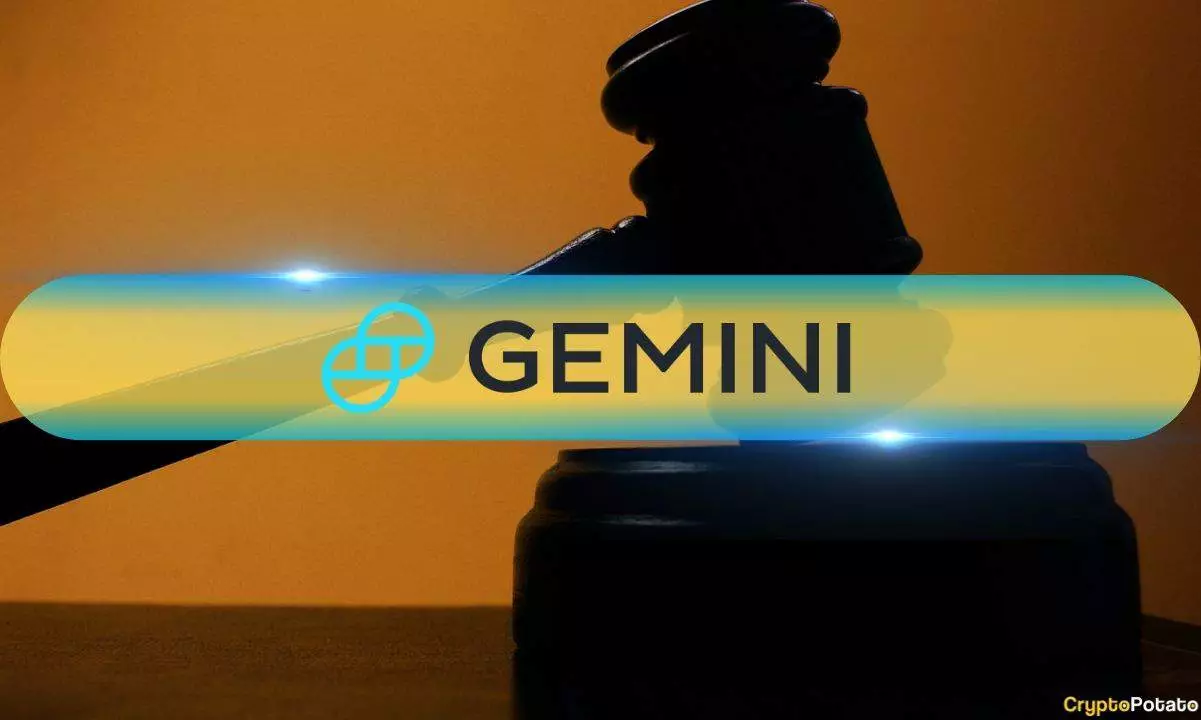Cameron Winklevoss, co-founder of the cryptocurrency exchange Gemini, recently announced a significant development in the sector: the U.S. Securities and Exchange Commission (SEC) has concluded its investigation into Gemini. This decision comes nearly two years after the initiation of the inquiry and follows the issuance of a Wells Notice to Gemini over nine months ago. Winklevoss heralded this closure as a pivotal moment in what he described as the culmination of the cryptocurrency industry’s long-standing battle against government overreach.
While the SEC’s closure of the investigation may appear to serve as a victory for Gemini, Winklevoss emphasized that the damage inflicted on the broader crypto landscape is substantial. In a pointed critique, he highlighted the tens of millions of dollars in legal costs and hundreds of millions in lost productivity that Gemini endured due to the regulatory scrutiny. Such losses underscore a broader narrative about the fragility of innovation in an environment rife with regulatory uncertainty. Winklevoss noted that the aggressive regulatory posture of agencies like the SEC has created an inhospitable climate for engineers and entrepreneurs, stifling the potential for new projects and technological advancements.
In light of perceived regulatory overreach, Winklevoss proposed measures aimed at restoring accountability and clarity in the regulatory space. He suggested a reimbursement framework whereby agencies would be obligated to cover triple the legal expenses companies face as a result of investigations lacking clear regulatory guidelines. Such a policy could serve as a deterrent against arbitrary actions by regulatory bodies and would rectify the imbalance that companies face when embroiled in disputes.
Moreover, Winklevoss called for stringent measures against SEC officials who engage in what he termed unjustified investigations. He urged for public dismissals of such individuals, advocating for accountability that directly correlates with their actions. The sentiment driving this perspective is that personal accountability at high levels of governance could restore some measure of trust and credibility to federal agencies.
Winklevoss’s comments extend beyond immediate grievances; they present a vision for a revitalized cryptocurrency ecosystem. By advocating for policies that encourage innovation instead of discouragement, the framework he proposes could cultivate an environment ripe for growth and revitalization. The need for clear and fair regulations is ever more crucial, especially as the industry faces ongoing scrutiny and changing legislation.
Ultimately, while the closure of the SEC investigation into Gemini is indeed a landmark event, it is the longer-term ramifications of regulatory practices—both past and future—that will determine the industry’s trajectory. The battle for a clearer and more supportive regulatory framework continues, necessitating concerted efforts from industry leaders like Winklevoss to champion accountability and protect the future of cryptocurrency innovation.
















Leave a Reply